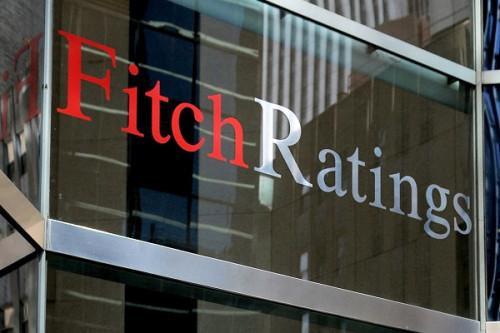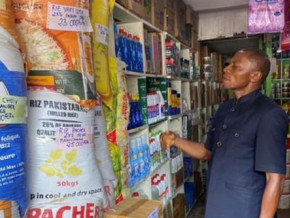
Cameroon gets a B rating from Fitch with a stable outlook

(Business in Cameroon) - US rating agency Fitch, in a statement published Friday, has maintained Cameroon's long-term foreign-currency issuer default rating at B and affirmed that the country has a stable outlook. The result followed a thorough evaluation of Cameroon’s issuer profile.
The B rate is the second level of the highly speculative category on the Fitch rating scale, 6 levels above the D profile (default), where a country like Ghana ranks. Cameroon also performed better than Congo and Gabon, respectively rated CCC+ and B- but remains behind Côte d'Ivoire, rated BB-.
“Cameroon's 'B' IDR reflects the relatively diversified economy underpinning resilient growth, and moderate general government debt level compared with peers. We expect continued progress on fiscal consolidation, through control of spending and better non-oil revenue mobilization, which will improve Cameroon's fiscal position and debt/GDP will remain on a downward path,” Fitch’s statement reads.
The rating agency believes that the government's import-substitution policy should help maintain a sustained level of growth and offset a possible drop in oil revenues following a surge in prices triggered by the war in Ukraine. Forecasts are on GDP growth of 4% in 2023 and 4.2% in 2024, compared with 3.7% in 2022, thanks to economic resilience spurred by the IMF-led program. According to Fitch, this should reduce the budget deficit to 1.2% and then 1% of GDP in 2023 and 2024 respectively, compared with 1.4% in 2022 and 2.6% in 2021. “Gradual fiscal consolidation reflects improvement in non-oil revenue mobilization - revenue administration measures and continued digitalization of procedures in tax and customs administrations, and reduction of tax exemptions from 2024,” Fitch said.
Looming Risk
The resilience of the economy and a moderate budget deficit should above all enable Cameroon to improve its debt ratio. Fitch forecasts that the outstanding public debt should fall to 39.6% of GDP in 2024 from 44.7% at the end of 2022.
However, several risks loom and could lead to the country's rating being downgraded to the lower category. These include "declining external demand from key trading partners, renewed inflationary pressures, and supply chain disruption". Fitch also points to security risks in the North, Northwest, and Southwest that significantly weigh on public finances, as well as uncertainties surrounding the succession of President Paul Biya. “The succession of President Paul Biya, aged 90, remains uncertain. Although we assume the successor will be within the ruling party, the lack of a succession plan poses the risk of party infighting and threatens policy continuity,” the agency said.
Cédrick Jiongo
Mags frontpage
- Most read 7 days
- shared 1 month
- read 1 month






























